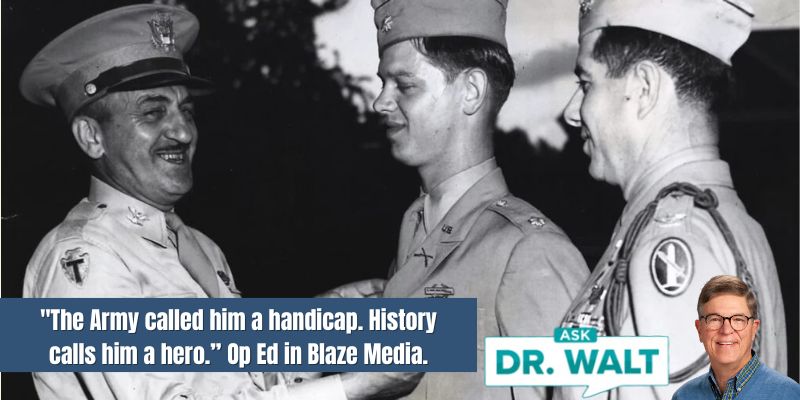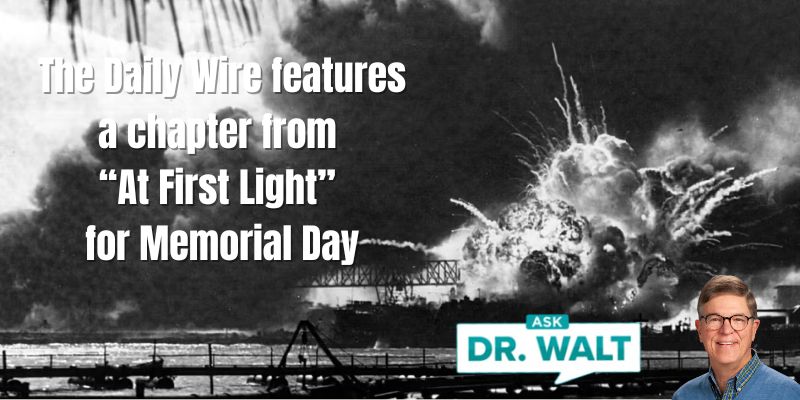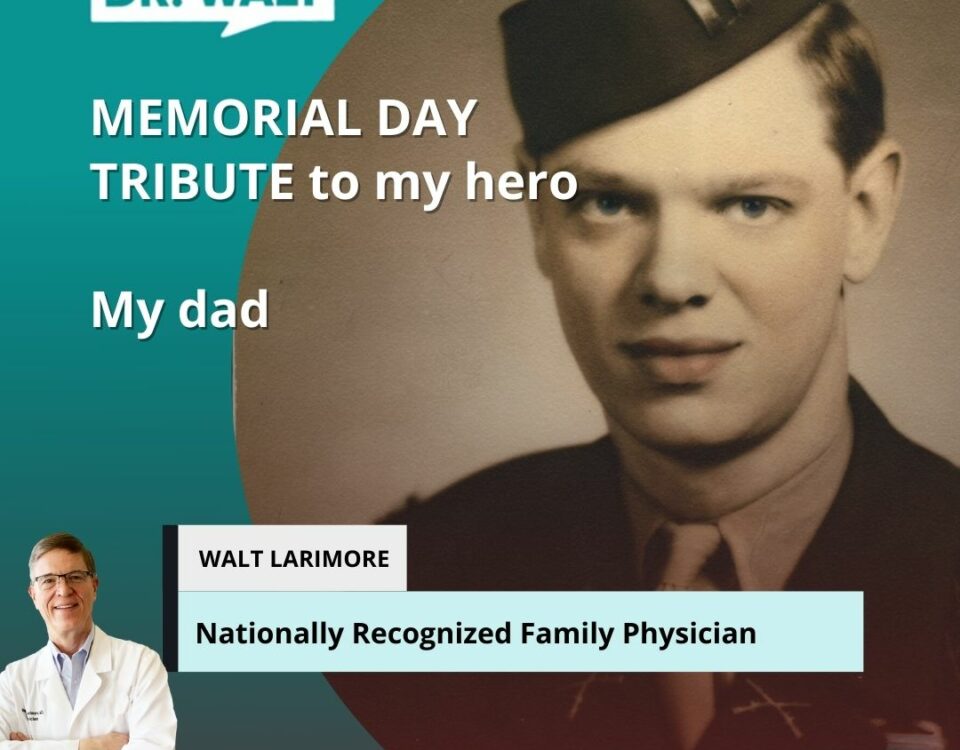
September 29, 1944 – Scarves, washed clothes, and an powerful answer to prayer in Remiremont, France
September 29, 2024
Monthly Family Update — October 2024
October 1, 2024September 30, 1944 – Dad and his front-line men now sensed things were going to get increasingly worse
As the month of September closed, the Divison was embroiled in heavy fighting. Enemy counterattacks were characterized by a ferocity hitherto encountered only in Italy the previous winter. Increased artillery fire from 75s, 88s, and 105s was evidence that the German commander had received reinforcements in this all-important branch as October was to begin and actual winter to set in.[1]

By the end of September, Patton’s sprint across Europe had come to a virtual stop. Our armored divisions had outraced their supply lines, and the dusty tanks and half-tracks sat immobile awaiting fuel, while the weather turned from bright to gloomy, soon giving way to the wettest fall on record.
The front stretched on a static line about ten miles south of the Vosges mountains. In the interval, infantry replaced the armor and dug themselves into foxholes which, in an echo of the Great War, were only a couple hundred yards from those of the enemy.
The Krauts reportedly hurled nighttime taunts. “Babe Ruth is Schwarz-black. Black[s] is at home f*ing with your wife.” We had plenty of German speakers in our ranks, kids from New York and Cincinnati and Milwaukee, who shouted out their own observation about the puniness of Hitler’s balls, hidden under his dress.[2]
~~~~~
The 30th Infantry Regimental plan on 30 September called for Dad’s 3rd Battalion to continue the frontal attack on the enemy positions along the high ground to the northeast of St. Ame and north of Cleurie while the 1st Battalion enveloped the positions from the left. … The 3rd Battalion resumed its attack at 0915, but strongly entrenched enemy in commanding, high ground positions held up the advance. Companies I and L repulsed savage counterattacks. The 3rd Battalion resumed the attack at 1815 and secured a new forward line and strategic.[3]
~~~~~
[1] Taggart, 247-248.
[2] Turow, 21.
[3] Proem, 255-256.
In case you haven’t read or listened to Dad’s book, you can learn more or order it here.
© Copyright WLL, INC. 2024.




